Advisory Board
Led by a Chair and a Co-Chair, it is conformed by members that reflect the interdisciplinary and international approach of SARAS Institute. Its mission is to advice and support on scientific projects, action strategies, funding and operative matters among others. The board gathers in person once a year but it also meets virtually on other occasions. Its members are elected for renewable periods of three years.
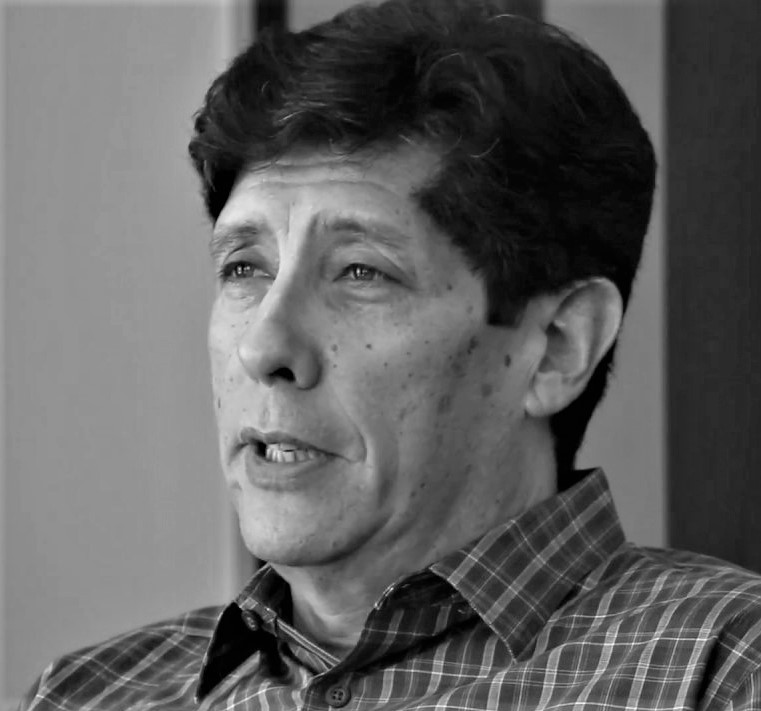
Jorge Marcone
Chair of Advisory Board
Jorge Marcone is an Associate Dean of Humanities, and a Professor in the Department of Spanish and Portuguese, and in the Program in Comparative Literature at Rutgers University-New Brunswick, where he has directed the PhD Program. Marcone holds a Bachiller en Humanidades from the Pontificia Universidad Católica del Perú, and a Ph.D. in Spanish from the University of Texas at Austin. At Rutgers, he has been a fellow for the Center for Historical Analysis, and for the Center for Cultural Analysis, where he has been too a seminar leader, and a member of its Executive Committee. Marcone is a Collaborator for the Microbiota Vault Initiative, and a member of the Environmental Humanities Iberian-American Network (RIHA, in Spanish). In 2004-2005, he was the Class of 1946 Professor of Environment and the Humanities at the Center for Environmental Studies, Williams College.
Marcone’s specialization is in the field of the Environmental Humanities (EH). The EH focus on the far-reaching implications of local and planetary environmental crises and conflicts for the Humanities. What are their implications for aesthetics, decolonial studies, epistemology, ethics, cultural studies, gender studies, hermeneutics, literary criticism and theory, and ontology? In turn, the EH are also devoted to the study of the beliefs and values involved in social-ecological problems, and in their solutions.
Marcone’s research focuses on literature, film, and arts with a significant potential for facilitating or blocking, adaptation to social-ecological changes and uncertainty. He pays particular attention to narratives of the Amazon, in diverse media and fields of study, that represent indigenous/aboriginal and local knowledge of the human and nonhuman and of their practices of resilience.
On the subjects above, Marcone has published on Alexander von Humboldt; Amazonian colonial literature; ecology in the Spanish American Regional Novel; the Latin American Romance of the Jungle; Mexican literature; Chicana literature; Pablo Neruda; José Emilio Pacheco; José María Arguedas; Mario Vargas Llosa; César Calvo; film and the emergence of the “environmentalism of the poor;” and microbiota conservation and intercultural bilingual education.
Research by former and current graduate students at Rutgers include ecology and British informal imperialism in the Spanish American Regional Novel; the chronicle and the Latin American city; ecology in colonial Caribbean texts; urban ecology, environmental justice, and sustainability in contemporary Latin American and Latino literature; a history of ecology and environmentalism in Spanish American literature; Amazonia in Peruvian and Brazilian literature; Southern Cone Poetry and the “environmental turn” since the 1970s; indigenismo and indigenous films in Peru and Bolivia; political ecology and art in indigenous movements, Amazonian narratives in the visual arts, Colombian indigenous film; among others.
Marcone is part of the Editorial Board of Chasqui. Revista de Literatura Latinoamerica, and of the “Environmental Futures” series published by Brandeis University Press. He formerly was an Associate Editor for the journal Environmental Humanities, and reviewer for several journals, such as ISLE, Hispania, Mosaic, Arizona Journal of Cultural Studies, Revista Canadiense de Estudios Hispánicos, Revista de Crítica Literaria Latinoamericana, Latin American Research Review, PMLA, and the Amazonian Literary Review.
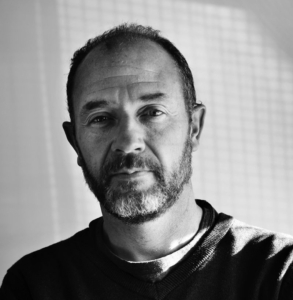
Esteban Jobbágy
Co-Chair of Advisory Board
Graduated as an Agricultural Engineer at the University of Buenos Aires in 1993, as Magister Scientiae in Natural Resources at the same university in 1998 and obtained a Ph.D. in Biology with a specialization in ecology from Duke University, United States, in 2002. Since 2018 he is a CONICET Senior Researcher, with a place of work in the Environmental Studies Group of the National University of San Luis. He also works as Ad-honorem Adjunct Professor at the University of Buenos Aires.
He is a recognized specialist in the interaction between the ecology of terrestrial ecosystems, hydrology and changes in land use, with a focus on the Chaco-Pampas plain and other environmentally similar regions of the world.
He was the founder and currently directs the GEA Laboratory (Grupo de Estudios Ambientales), a reference place in the country for ecohydrological and remote sensing studies, which is not only respected within the scientific community, but also actively develops public communication of science. and interactions with social actors such as agricultural producers and government planners.
He has developed a profuse editorial activity, highlighting his work as General Editor of Austral Ecology, of the Argentine Association of Ecology, member of the editorial bodies of Journal of Arid Environments, Agriculture and Environment, Land Degradation and Development, Agriculture and Bioscience and CABI Agriculture. and Bioscience.
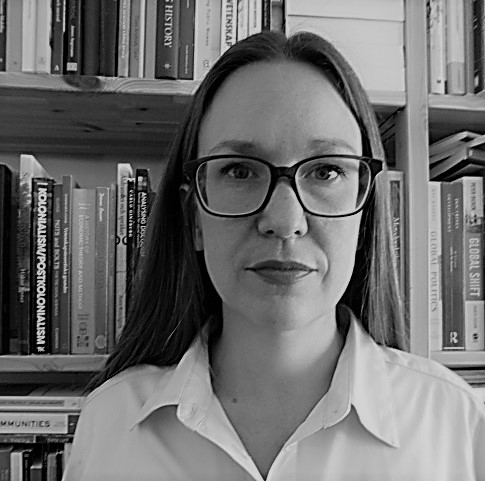
Matilda Baraibar
Advisory Board member
Applies an historically informed political economy approach to contemporary agro-food globalization and agrarian change. Her main focus is on the interacting forces of international agro-food trade, technological shifts and institutional arrangements at different levels (global to local), and their differentiated consequences in specific territories. Baraibar teaches and supervises graduate and post-graduate theses in Economic History, International Relations and within the Master Programmes Globalization, Environment and Social Change, Global Political Economy and A new global food order – Global/Local Encounters, Contradictions, Tensions and Conflicts, at Stockholm University. Besides research and teaching, she is the Coordinator of equality and anti-discrimination work at the department of Economic History, Stockholm University. She is also a Municipal Deputy, Deputy of the Municipal Council of Spatial Planning, Deputy of the federal council “the Northern Water Board”, and Member of the Municipal Security Council. Baraibar has previously been working with Swedish development cooperation, as Project Officer at Framtidsjorden. She mainly worked with projects of rural development, urban permaculture and agroforestry in Asia and Latin America.
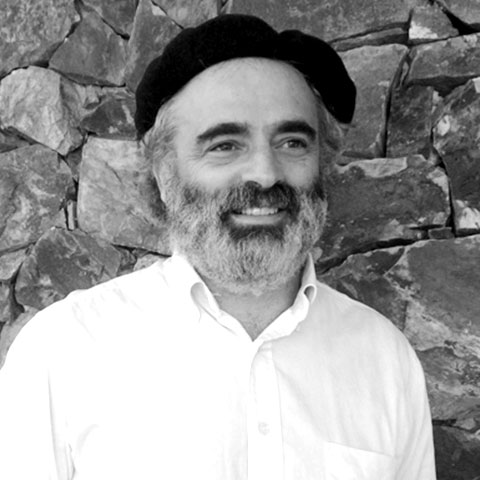
Néstor Mazzeo
Advisory Board member
Has a degree in Biological Sciences and a PhD in Sciences. He teaches at the Department of Theoretical and Applied Ecology of Eastern Region University Centre (CURE) and the School of Science, University of the Republic (UdelaR). He is a researcher of the National Research System and various graduate programmes in Uruguay. At the undergraduate level, he is a professor of the Bachelor of Biological Sciences and Bachelor of Environmental Management programmes (UdelaR). His main lines of research, teaching and extension are related to ecology and restoration of aquatic systems. Since 2006, he has been involved in the development of SARAS Institute together with Marten Scheffer and members of the Scientific Board.
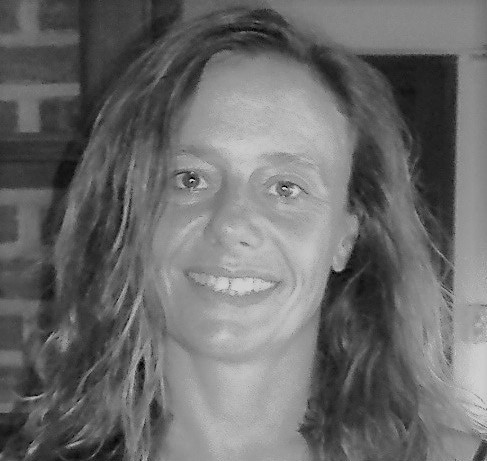
Cristina Zurbriggen
Advisory Board member
Cristina Zurbriggen is a PhD in Political Science, Eberhard–Karks University, Tubingen, Germany. She is currently a professor at the Faculty of Social Sciences, University of the Republic (Uruguay). She is a member of the National System of Researchers, Level II (since 2009). Previously, she was the Director of the Latin American Faculty of Social Sciences (FLACSO), Uruguay (2009-2012). She has been a Visiting Professor at Mexico, Spain, Ireland, Argentina, Colombia, Mexico, Canada, England and Germany. Her research has addressed governance, policy networks and sustainable agriculture (meat traceability, soil erosion, water sustainability). Her current main interests focus on innovation Labs, co-creation methodology and other system methods to investigate the future of complex public issues. She is a member of the Co-Creative Capacity Pursuit funded by the National Socio-Environmental Synthesis Center (SESYNC), Maryland, USA.
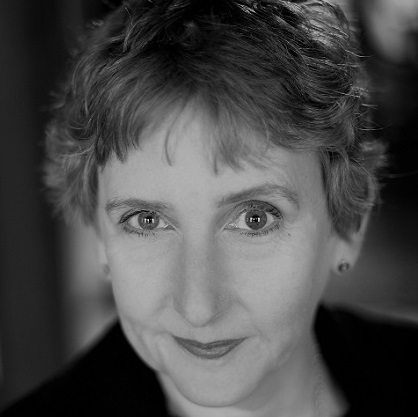
Jesse Kercheval
Advisory Board member
Jesse Lee Kercheval (B.A. Florida State University, MFA University of Iowa) is the Zona Gale Professor of English as well as the Loren and Marjorie Tiefenthaler Bascom Professor at the University of Wisconsin-Madison where she is the Director of the Program in Creative Writing. She is a fiction writer, memoirs and poet and the author of fourteen books including the poetry collection Cinema Muto, winner of a Crab Orchard Open Selection Award; The Alice Stories, winner of the Prairie Schooner Fiction Book Prize; and the memoir Space, winner of the Alex Award from the American Library Association. She is also a translator, specializing in Uruguayan poetry, and was a 2016 National Endowment for the Arts Translation Fellow. Her translations include The Invisible Bridge: Selected Poems of Circe Maia and Fable of an Inconsolable Man, by Javier Etchevarren. She is the editor of the anthologies and América invertida: An Anthology of Emerging Uruguayan Poets and the SARA anthology Earth, Water and Sky: An Bilingual Anthology of Environmental Poetry which was published in Uruguay in 2016 by SARAS and Editorial Yaugarú and in the U.S. by Diálogos Books.
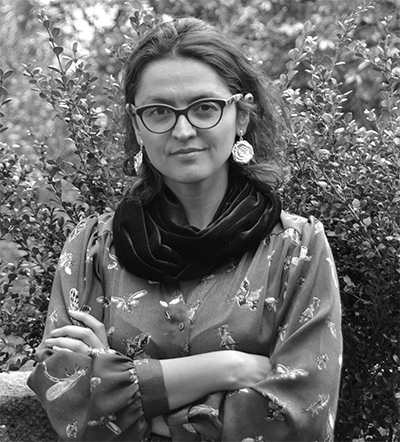
María Alejandra Velez Lesmes
Advisory Board member
Director of the Center for Studies on Security and Drugs (CESED), Associate professor at the Faculty of Economics, Universidad de los Andes, founding member of the Center for the Sustainable Development Goals for Latin America and the Caribbean (CODS) and senior research fellow at EfD initiative. She is an economist from Universidad de los Andes and Ph.D. in Economics of Natural Resources from the University of Massachusetts, Amherst. She was an Associate Professor in the area of Socio-Environmental Sustainability at the School of Management, Universidad de los Andes (2008-2019), post-doctoral researcher at CRED (Center for Research on Environmental Decisions) at Columbia University, NYC (2006 -2008) and visiting professor at the Center for Latin American and Caribbean Studies at Duke University, Durham, NC (2013). Her research focuses on governance and institutional design for natural resource management in rural communities of the global south. She is currently studying the design of payment for environmental services programs, the impact of collective property in Afro-Colombian communities in the Pacific Coast of Colombia and the dynamics of expansion of illicit crops in Colombia.
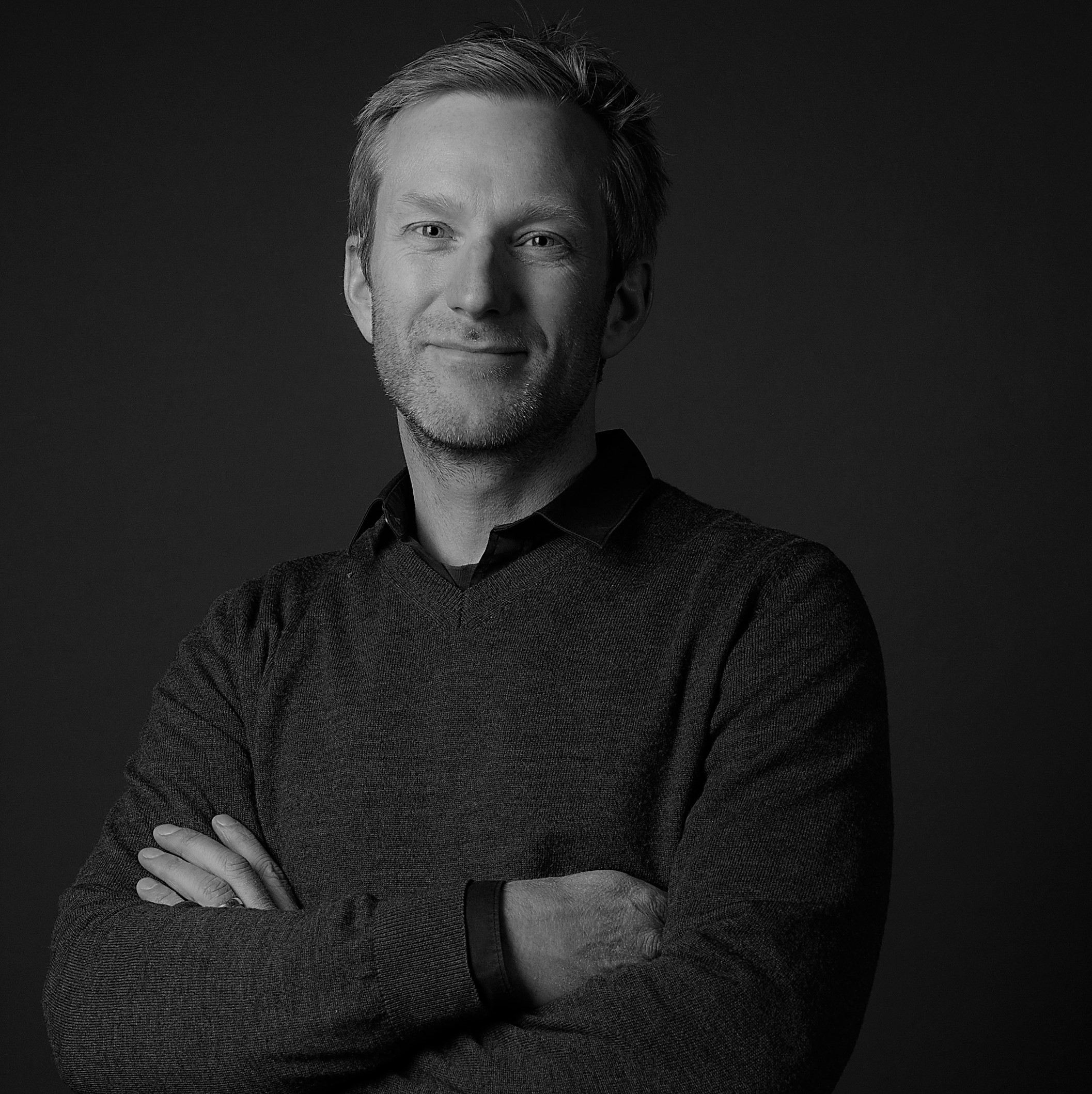
Henrik Österblom
Advisory Board member
Focus on governance of marine social-ecological systems, including transnational seafood corporations, fisheries and marine ecosystem based management, trophic cascades and seabirds. Österblom is Deputy Science Director at Stockholm Resilience Centre, Stockholm University, where he is Senior Lecturer in Environmental Sciences. He has a degree in Behaviour Ecology from the Department of Zoology, Uppsala University, and a PhD in Marine Ecology from the Department of Systems Ecology at Stockholm University. He has worked at the Swedish Museum of Natural History and as Special Advisor to the Swedish Government. His post-doctoral research was conducted at the University of British Columbia’s Fisheries Centre, and at the Antarctic Climate and Ecosystems Cooperative Research Centre at the University of Tasmania, Australia. Österblom is engaged as principal investigator in Nereus – Predicting the Future Oceans Program, and member of the IMBER Human Dimension Working Group. He participates in the Seas of Norden Network, and is co-leading the Baltic Seabird Project. He is subject editor for Ecology and Society, Marine Policy, and PLOS One and has published over 50 scientific papers in peer reviewed journals.
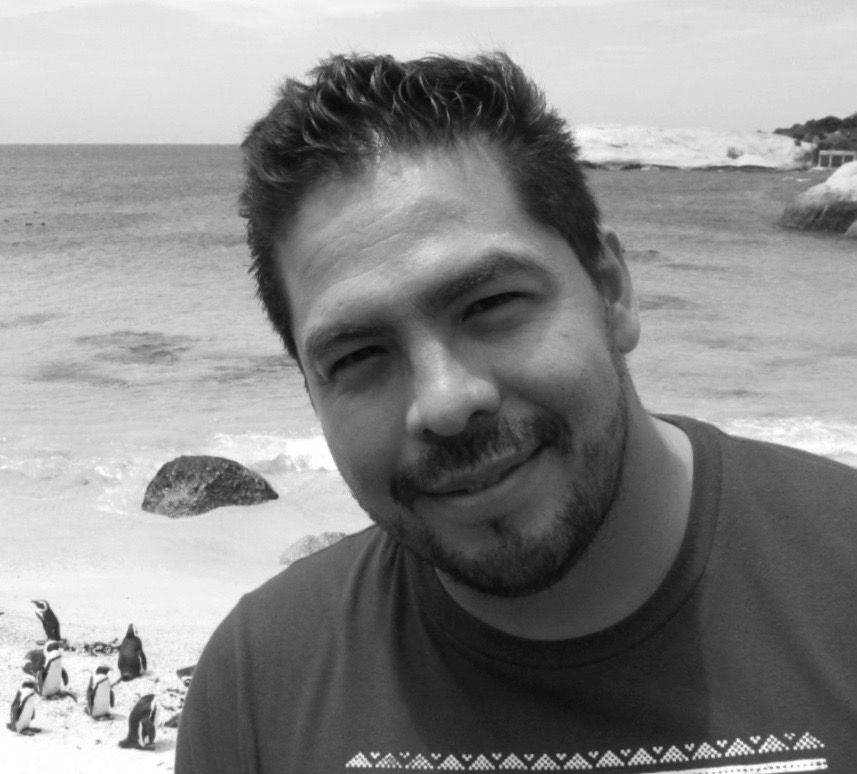
Rafael Calderón Contreras
Advisory Board member
Rafael Holds a MSc. and a PhD from the University of East Anglia and is professor at the Social Sciences Department of the Autonomous Metropolitan University in Mexico City. He has extensive research and consultancy experience in analysis of governance and access to natural resources, with particular interest in the practices and processes that allow social-ecological systems to adapt and withstand the impacts of global social-ecological transformations. Dr. Calderon has lectured on undergraduate and postgraduate level in Mexico and England with an interdisciplinary approach. His main research topics are social-ecological resilience, access to natural resources, analysis of territorial, environmental and climate change policy and Geographic Information Systems. Currently he is working on an array of projects dealing with the role of urban ecosystem services for the resilience of social ecological systems in Mexico and the UK. In 2014 he co-founded the Red de Socioecosistemas y Sustentabilidad (Red SocioEcoS), one of the most active an important research and outreach sustainability networks in Mexico.
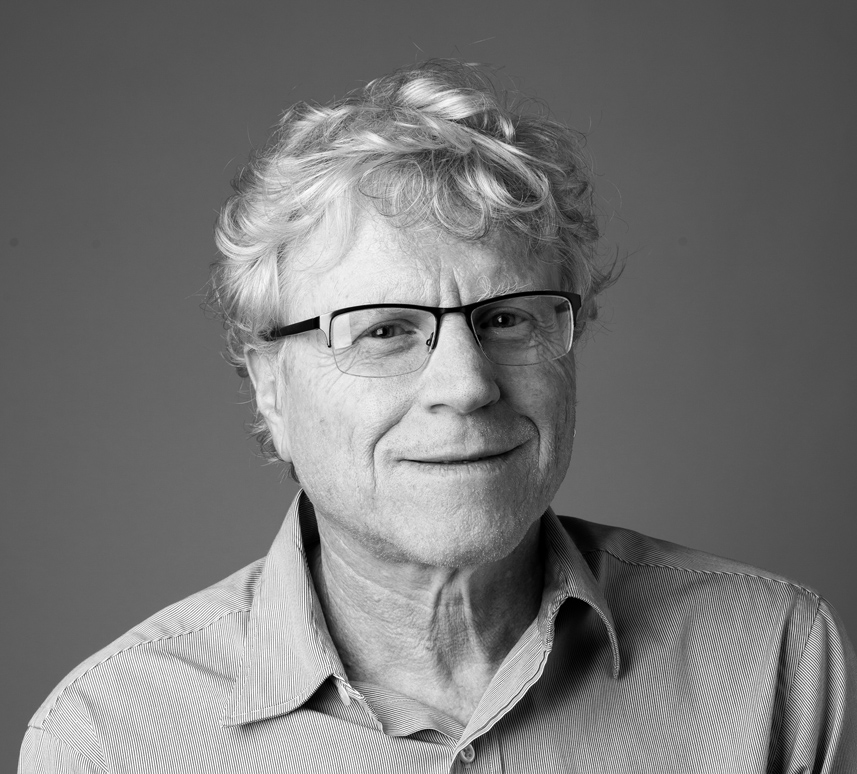
Pedro Roberto Jacobi
Advisory Board member
Senior Full Professor at the Graduate Program of Environmental Science at Institute of Energy and Environment (IEE)/ University of São Paulo (Brazil). Member of Scientific Division of Management, Science and Environmental Technology at IEE/USP. Coordinator of Research Group on Environmental Governance and Fapesp project (2017-2022) on Environmental Governance in Macrometropolitan São Paulo facing Climate Change at IEE/USP. Coordinator of Research Group on Environmental Governance and Research Fellow at the Institute of Advanced Studies (IEA) at University of São Paulo. Research Fellow at INCLINE/USP Interdisciplinary Climate Investigation Center. Member of Regional Network on Climate Change and Decision Making/ UNTWIN and Coordinator of USP Research Group.
Editor of the journal Ambiente & Sociedade/Anppas/Brazil since 1997. President of the board of Local Governments for Sustainability -ICLEI- South America since 2011. His research focuses on urban sustainability, water governance, solid waste and sanitation, socio-environmental governance, metropolitan governance and climate change, social learning and education for sustainability.
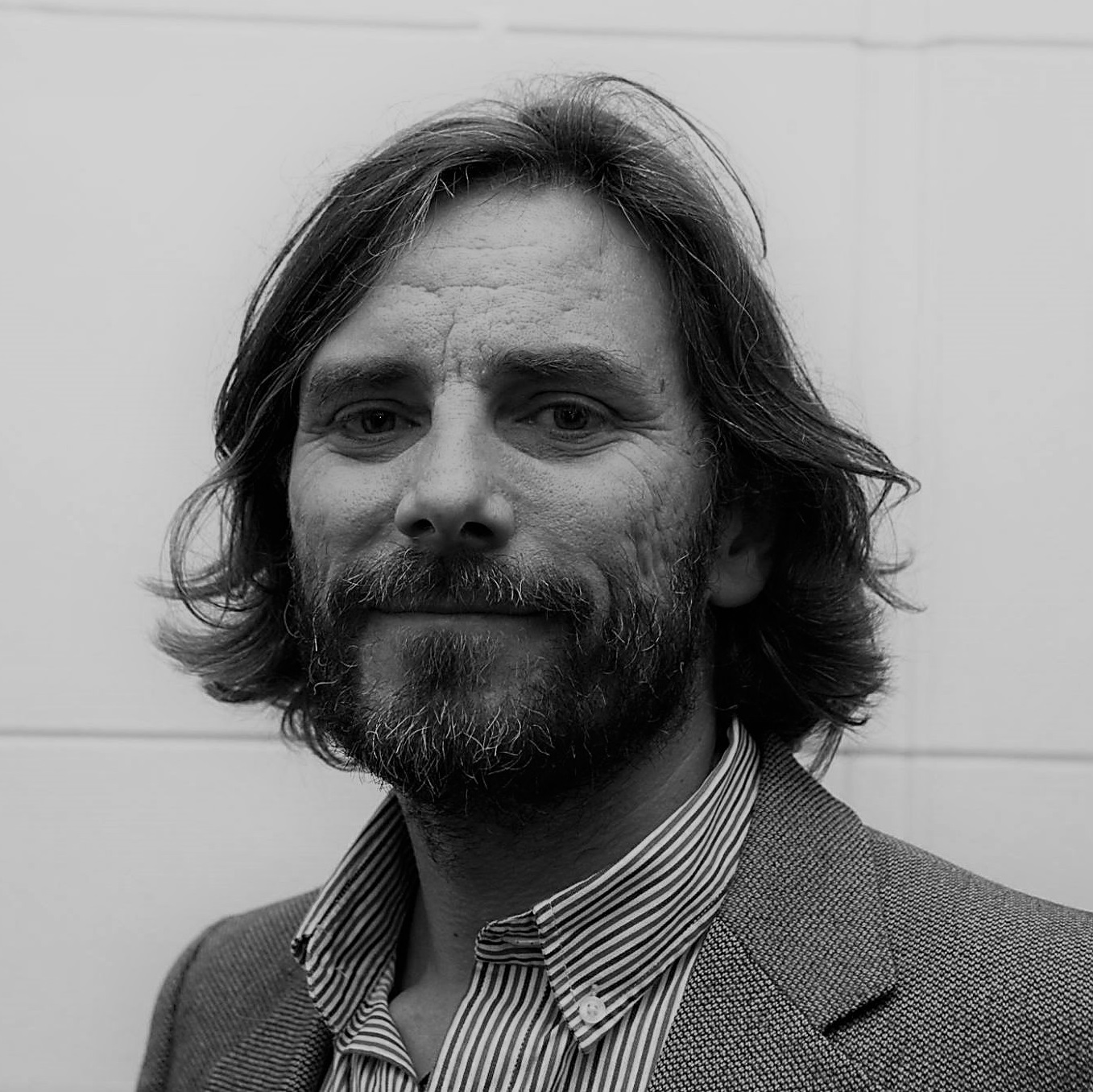
Stefan Gelcich
Advisory Board member
He is professor at the Ecology Departmento of the Pontificia Universidad Catolica de Chile. His main research lines are the interaction between ecological and social systems in coastal areas, the sustainable conservation and management of marine resources and policy. He has been particularly interested in the social, economic and biological effects of granting exclusive territorial fisheries rights to small-scale artisanal fisher associations. He is currently conducting research on the human dimensions of marine fisheries management and conservation and he is leading a research project on economic valuation of ecosystem services and its implications for decision making in the central coast of Chile and another project studying different marine governance approaches to implement and effectively manage marine protected areas in Chile. He is co-investigator at the CAPES (Center for Applied Ecology and Sustainability) studying links between catch share management practices, biodiversity and environmental attitudes of stakeholders.
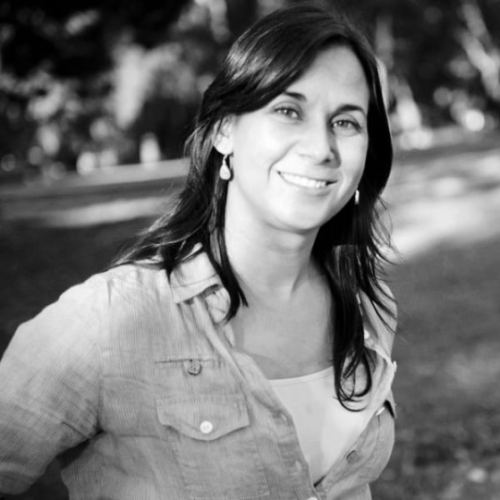
Mariana Meerhoff
Advisory Board member
Docente e investigadora del Centro Universitario de la Región Este y de la Facultad de Ciencias, Universidad de la República, Uruguay, e investigadora asociada de la Universidad de Aarhus, Dinamarca, institución donde realizó su PhD en Ciencias. Le interesa entender los posibles efectos del cambio climático y de cambios en el uso de la tierra sobre el funcionamiento de los ecosistemas de agua dulce, combinando distintas aproximaciones (experimentos de campo, experimentos de laboratorio, modelos y sustitución de tiempo por espacio) y niveles de organización biológica (desde individuos a ecosistemas).
